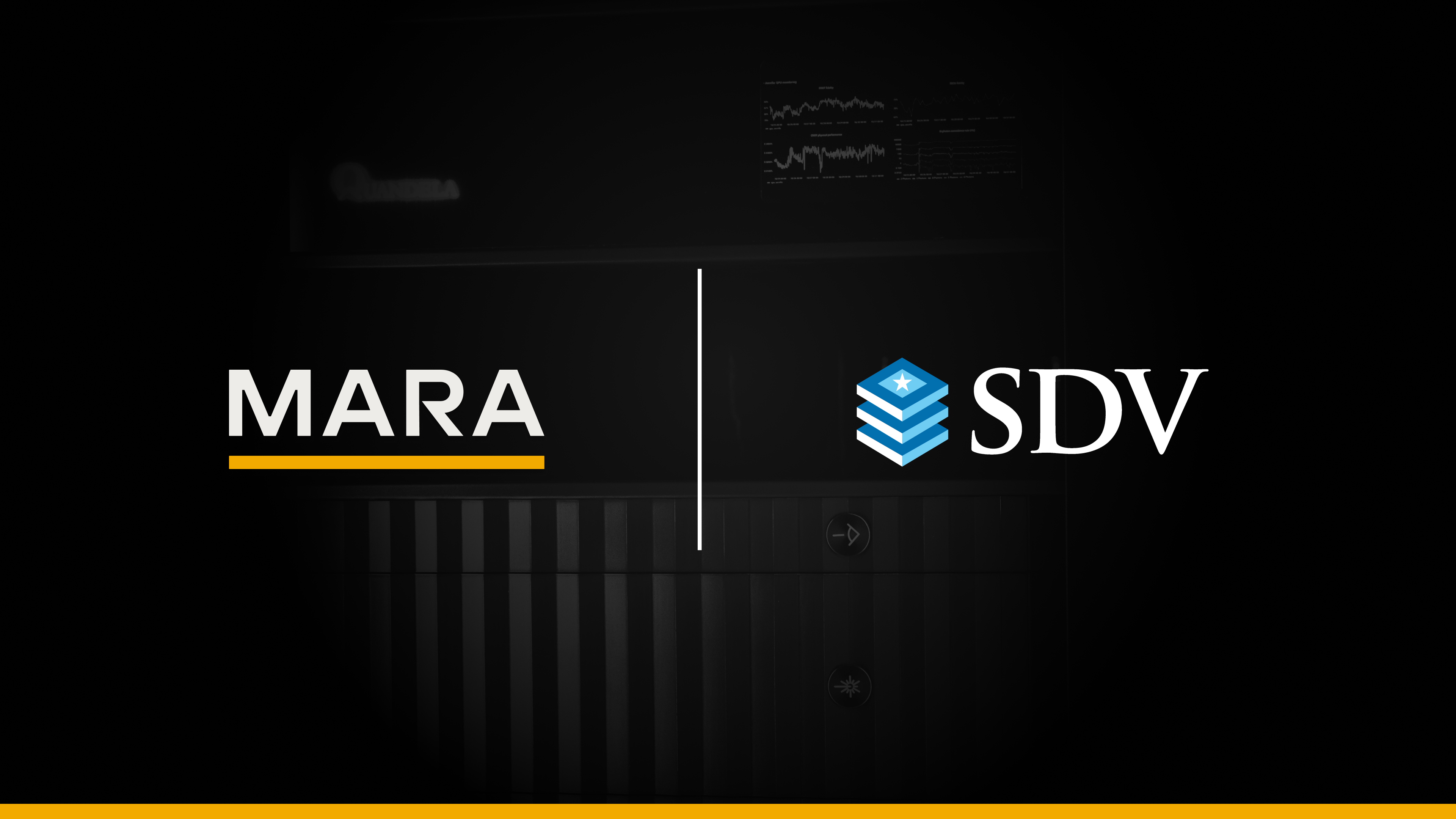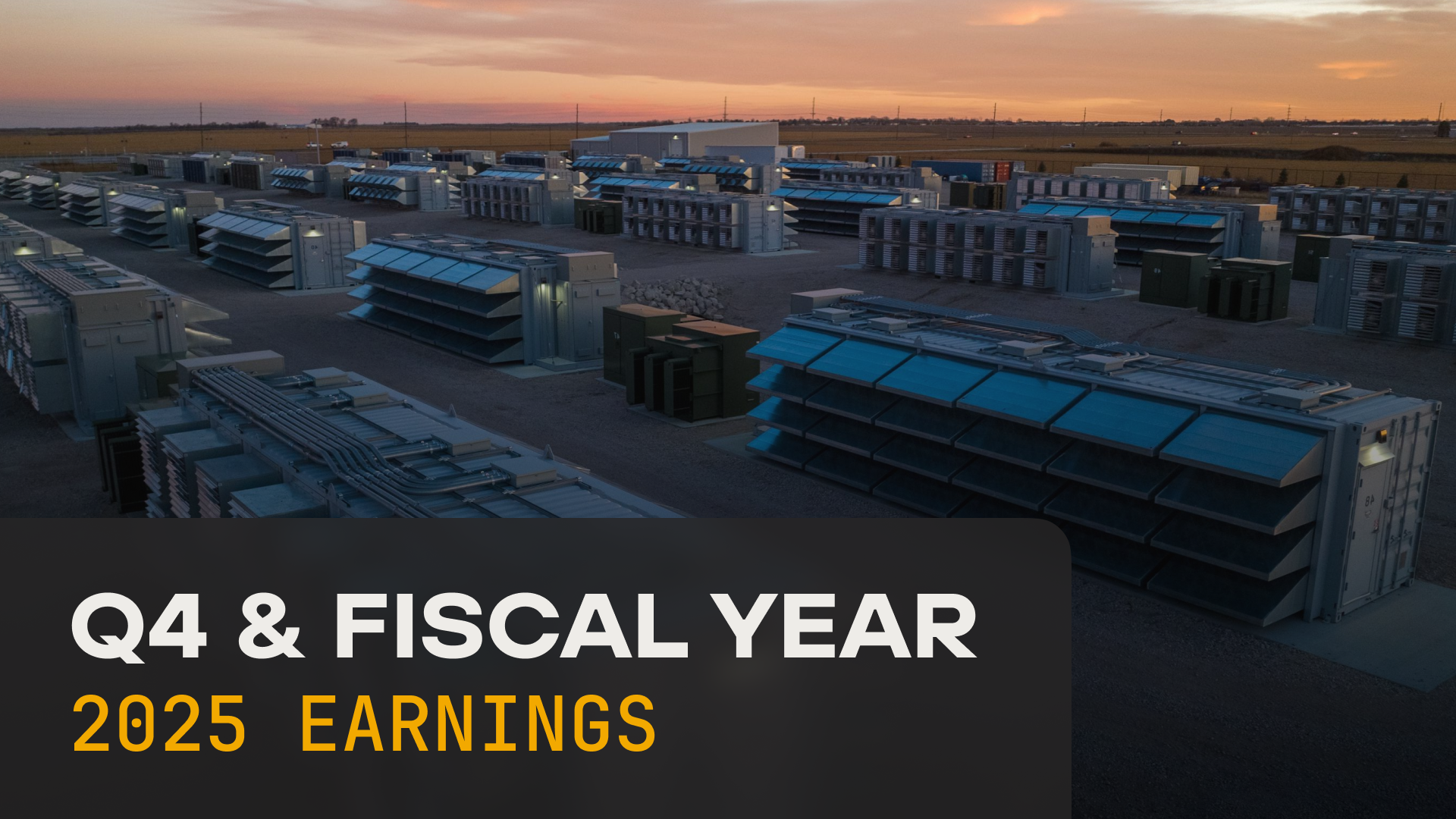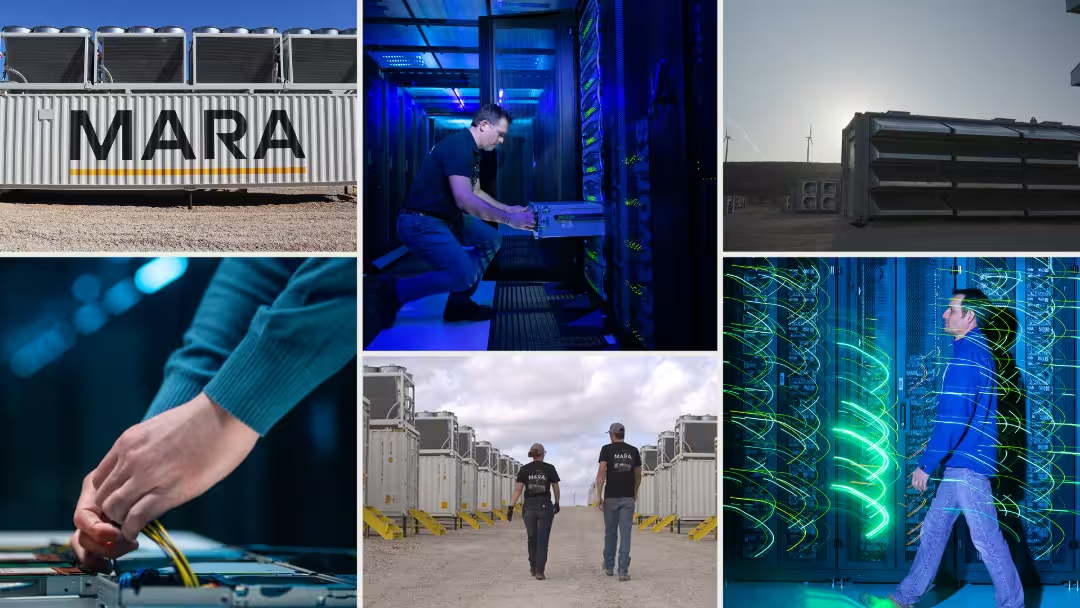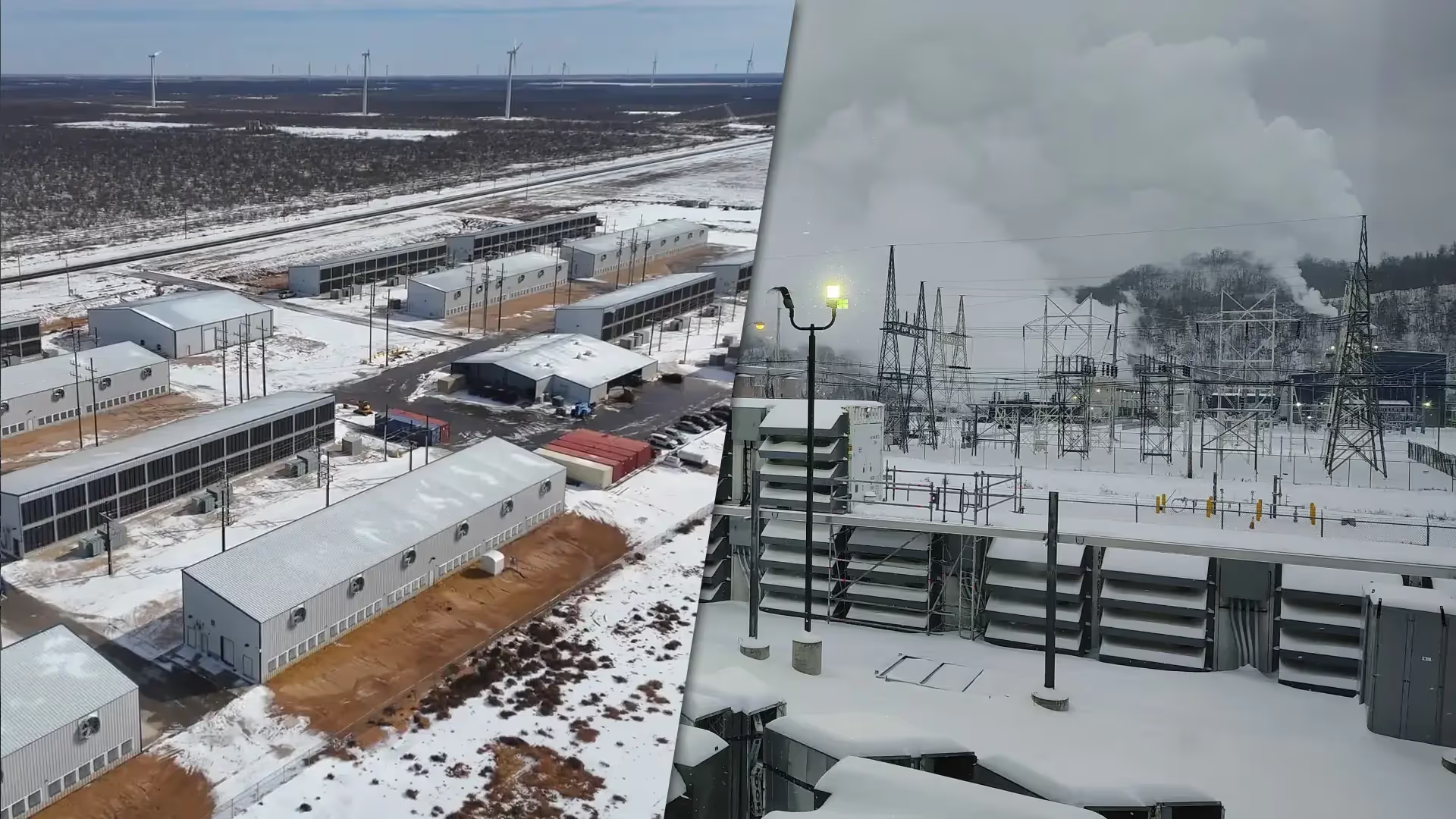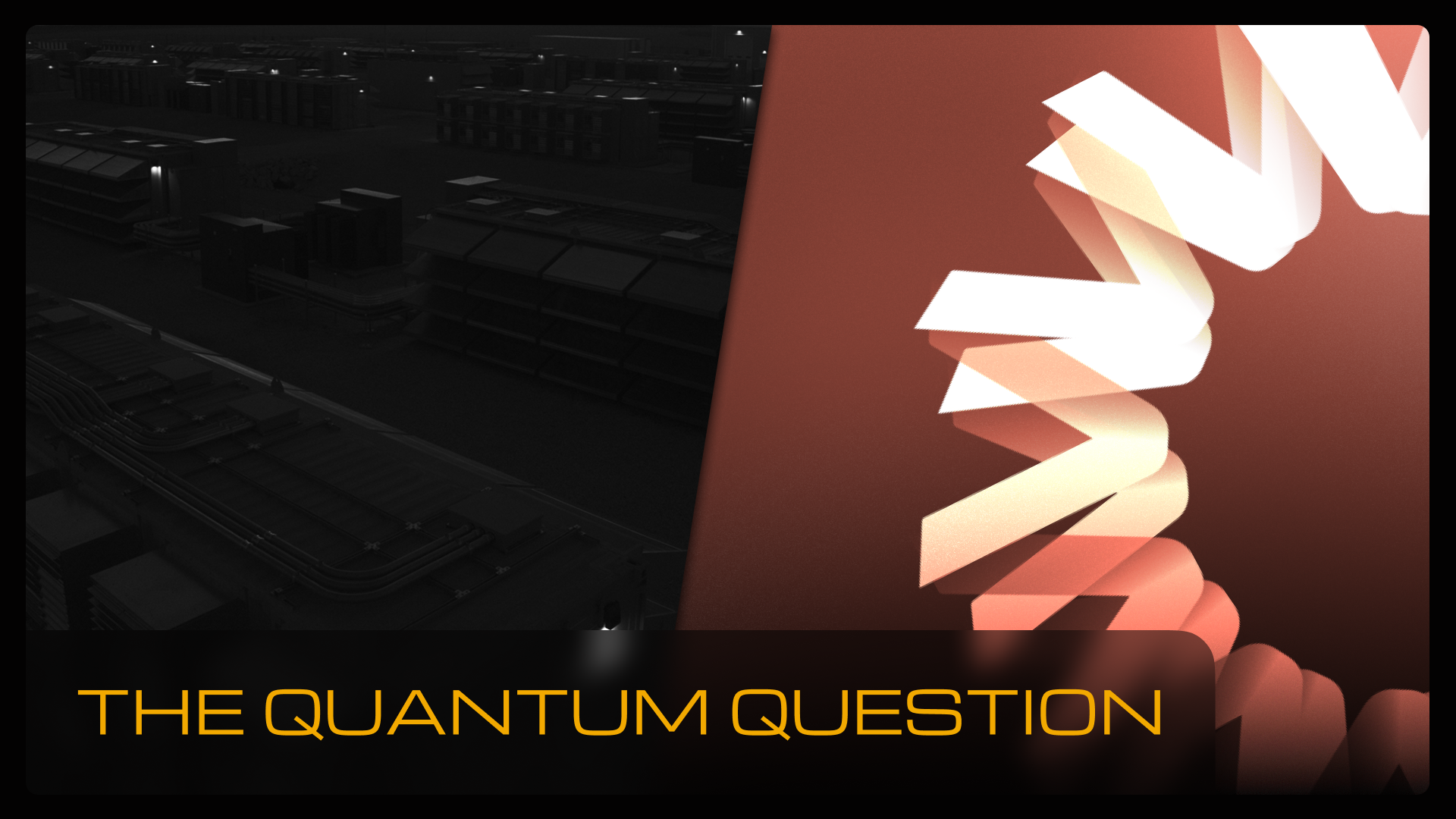Insights
Stay up to date with the latest news & insights
Thank you! Your submission has been received!
Oops! Something went wrong while submitting the form.
MARA Q4 & Fiscal Year 2025 Earnings Call
What Exaion Means for MARA & the Future of AI in Europe
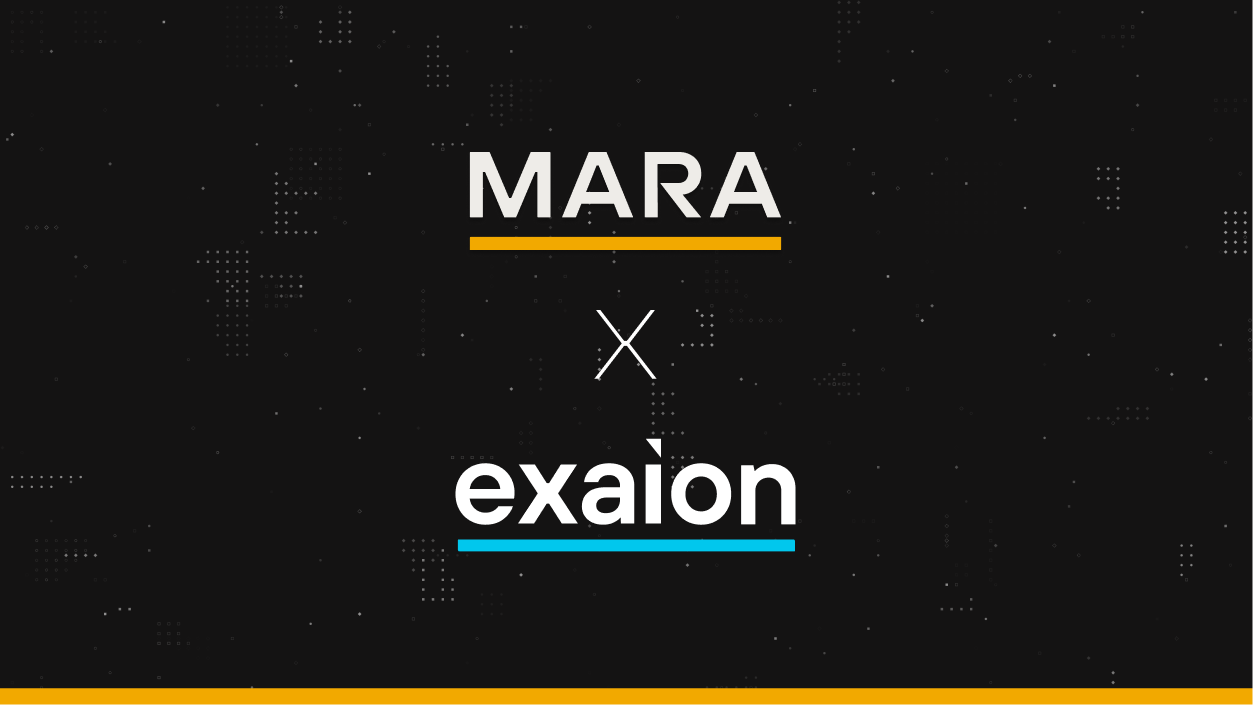
Announcement
EDF Pulse Ventures Partners with MARA & NJJ to Support a New Phase of Exaion’s Development
EDF Pulse Ventures Partners with MARA & NJJ to Support a New Phase of Exaion’s Development
Case Study: Balancing the Grid During Winter Storm Fern
Bitcoin & the Quantum Question: What You Need to Know
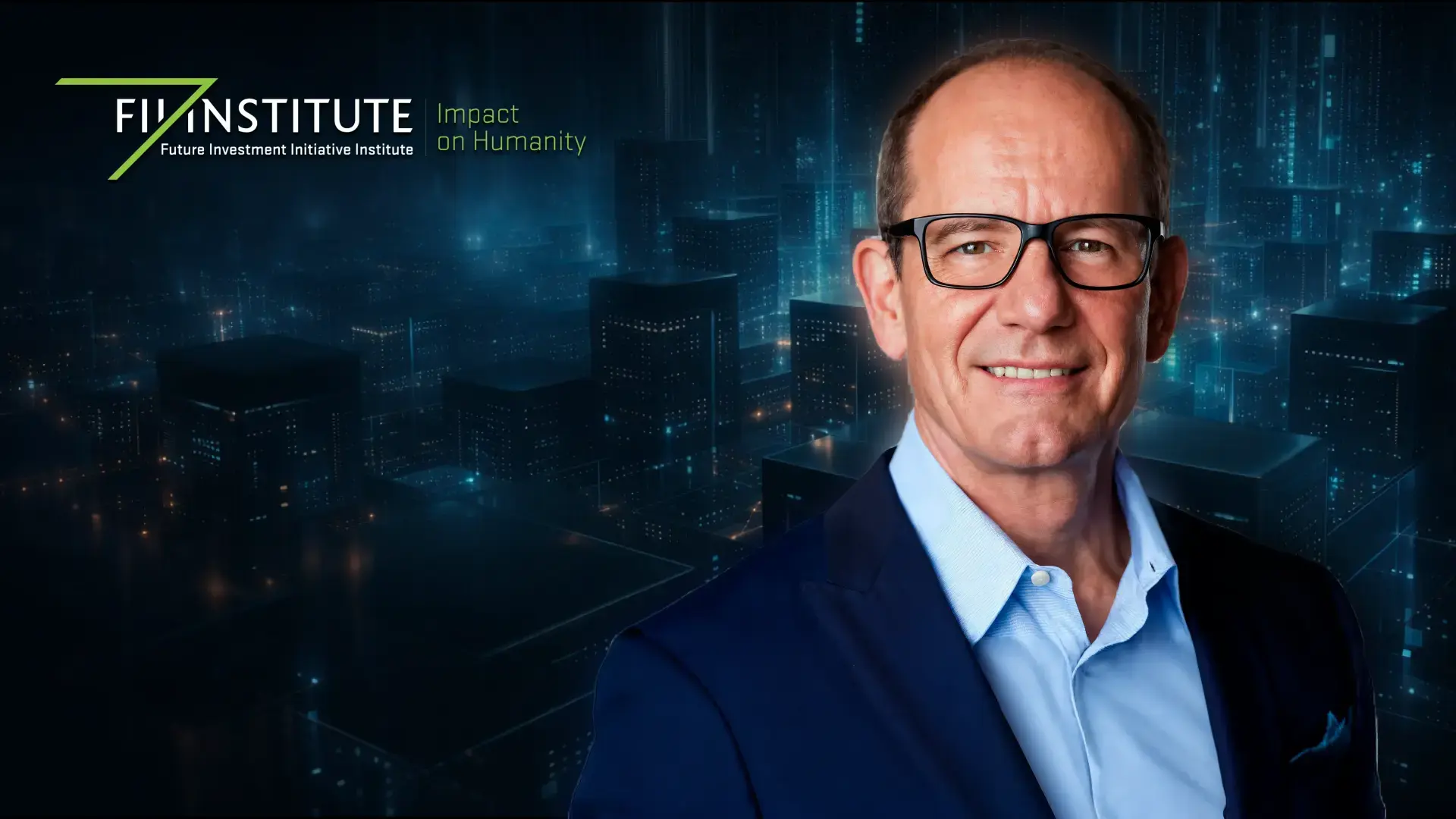
Blog
The Future of Artificial Intelligence: Energy Generation Is Only Part of the Story
The Future of Artificial Intelligence: Energy Generation Is Only Part of the Story
